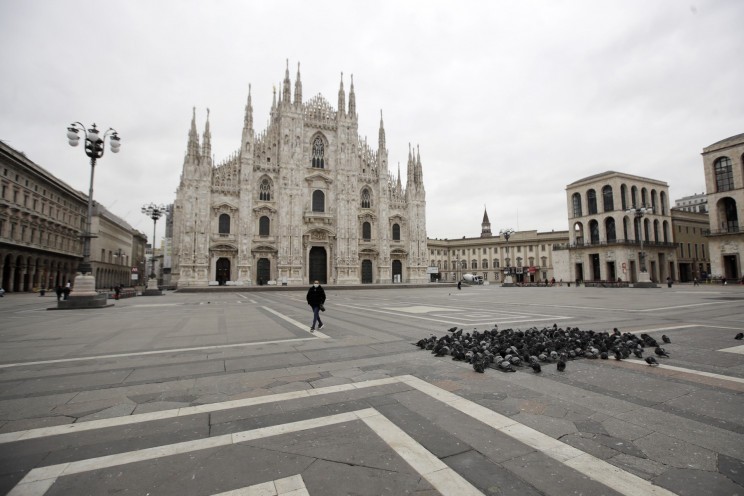
Milan is making progress on the road to recovery after the coronavirus crisis and, even before the full details of 'phase 2' were known, the capital of the Lombardy region started to consider an 'adaptation' strategy that would enable the city to restart its economic and social life as soon as possible, even with the restrictions that the current climate requires.
There are 2 aspects to the strategy: the adaptation plan, whose guidelines have been shared in a document open to the public with an invitation to comment on it and integrate it with new proposals; and the "Strade Aperte" (open streets) road plan which aims to focus mainly on cycling, where public transport will obviously suffer severe restrictions.
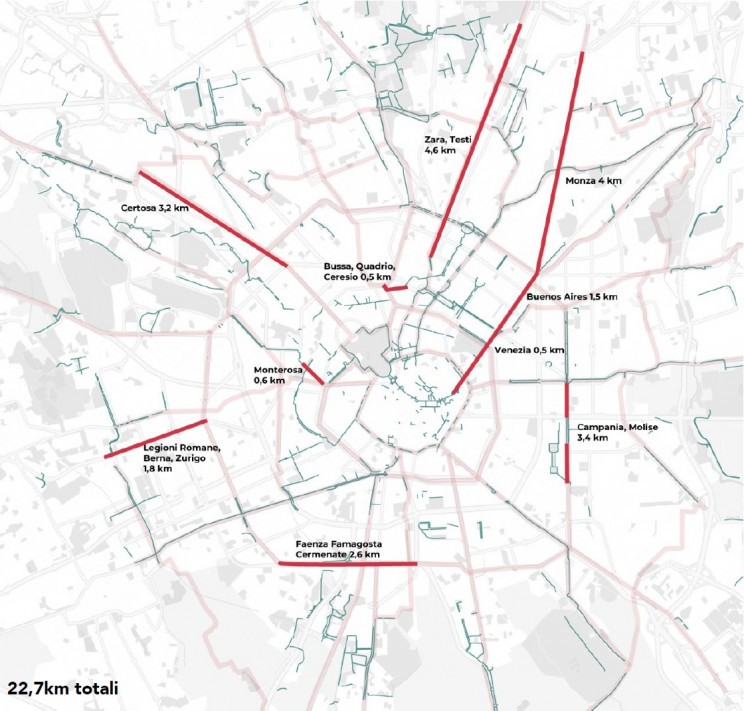
As part of a drive to encourage cycling, plans include almost 23 kilometres of new cycle paths that will run through Milan in the areas of Certosa, Famagosta, Venezia-Buenos Aires, Zara-Testi and beyond, surrounding the city and making it easier to get around the centre.
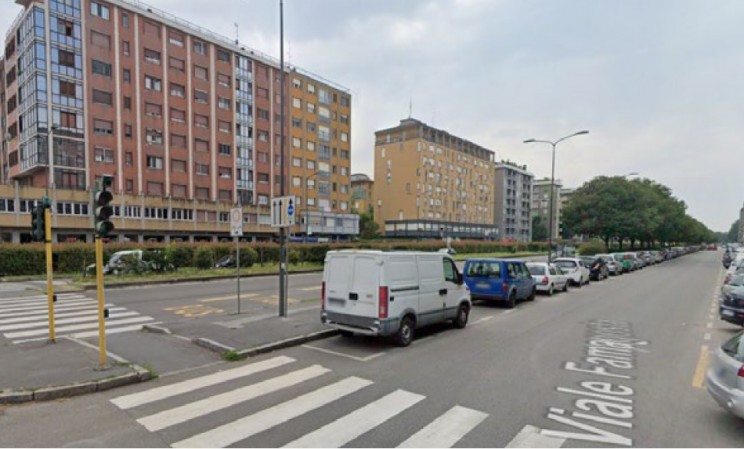
Other plans include potential tracking of the infection, with medical services on the territory and systematic quarantine for COVID-19 positives: case tracking and sanitation are the basic conditions for recovery. "We're in a season in which it is necessary to think in terms of investment and protection of people, even before balancing the economic budget," reads the document proposed by the Comune di Milano. "This does not mean, of course, that we do not have to pay attention to public spending, but that today we first need to release every available resource".
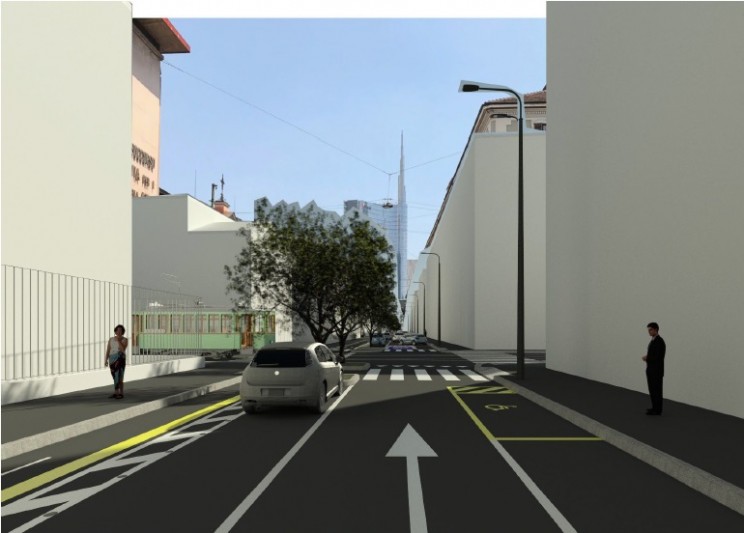
"Mobility in our city," we read again in the document, "based strongly on public transport, will suffer important capacity limitations that will require maintaining working from home as much as possible and time-shifting for many activities, to avoid rush hour crowds."
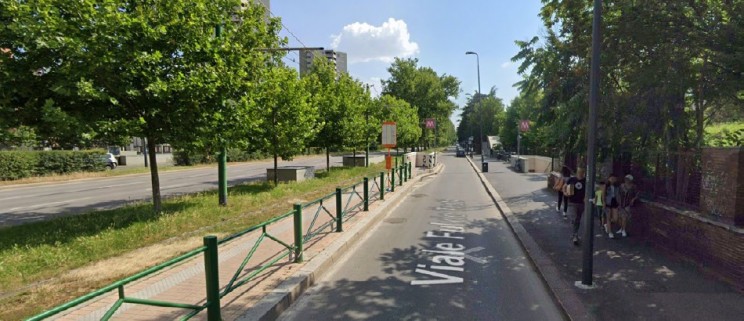
The document summarises why "it is necessary to redefine the use of roads and public spaces in order to increase non-polluting surface movements (moving by foot, bike and other forms of light mobility) and to develop areas that will allow commercial, recreational, cultural, sporting developments, respecting the relevant physical distances that will be necessary in life after the coronavirus pandemic".
Among the measures planned for mobility by the Municipality of Milan, and with a view to achieving the ideal of "all services within 15 minutes walking distance", plans also include:
- Limiting travel, facilitating working from home and intervening in the city's timetables to prevent crowding
- Improving and diversifying the mobility offer, making the most of the potential of public transport and promoting the use of bicycles, scooters, car sharing and public transport.
- Limiting the number of people using public transport to allow for safety distances and the use of preventive devices.
- Making a decisive leap towards the use of bicycles and scooters by extending the bicycle network.
- Promoting pedestrianisation
- Increasing the delivery of goods and especially home care, assistance activities and first aid.
- Updating mobility measures (Area C, LTZ (Limitied Traffic Zones), environmental LTZ and parking regulations)